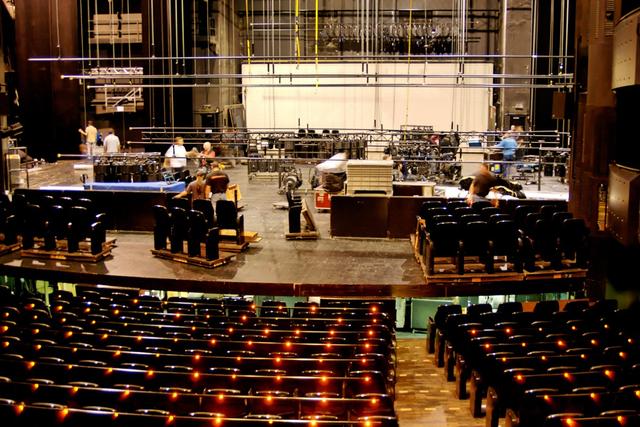Stage Directors
Overview

Introduction
Stage directors, or directors, bring theatrical productions to life. They take the words in scripts written by playwrights and help actors interpret them visually for the audience. They also oversee the design and production of the set, props, and costumes, either following descriptions in the script or creating their own vision for the play. They coordinate all creative aspects, including music, lighting, and other elements, and prepare shows for opening.
Quick Facts
Median Salary
Employment Prospects
Minimum Education Level
Experience
Skills
Personality Traits
Earnings
Due to the nature of the job, the earnings of stage directors vary widely. Payment may be a weekly salary or a set fee to direct a particular show. Some stage directors negotiate deals where they are paid a fee plus royalties derived from each production so that they earn more from successful, long-running shows.
Stage directors are not guaranteed work year round. Once the stage director...
Work Environment
Stage directors work in theaters around the country. They may work in large or small theaters, and some successful directors work on Broadway. Others may work in regional theaters, dinner theaters, community theaters, summer stock, and so on. Since directors must go where the work is, travel is a common part of the job, especially if they are directing a touring production. Work hours may be lo...
Outlook
The Department of Labor predicts average employment growth, about 5 percent, for producers and directors through 2028. The coronavirus pandemic has had a major impact on theater and other entertainment industries in the U.S. and throughout the world. Many theaters have either closed temporarily or are staging outdoor and virtual productions. All theaters in Broadway are closed through 2020, and...


























